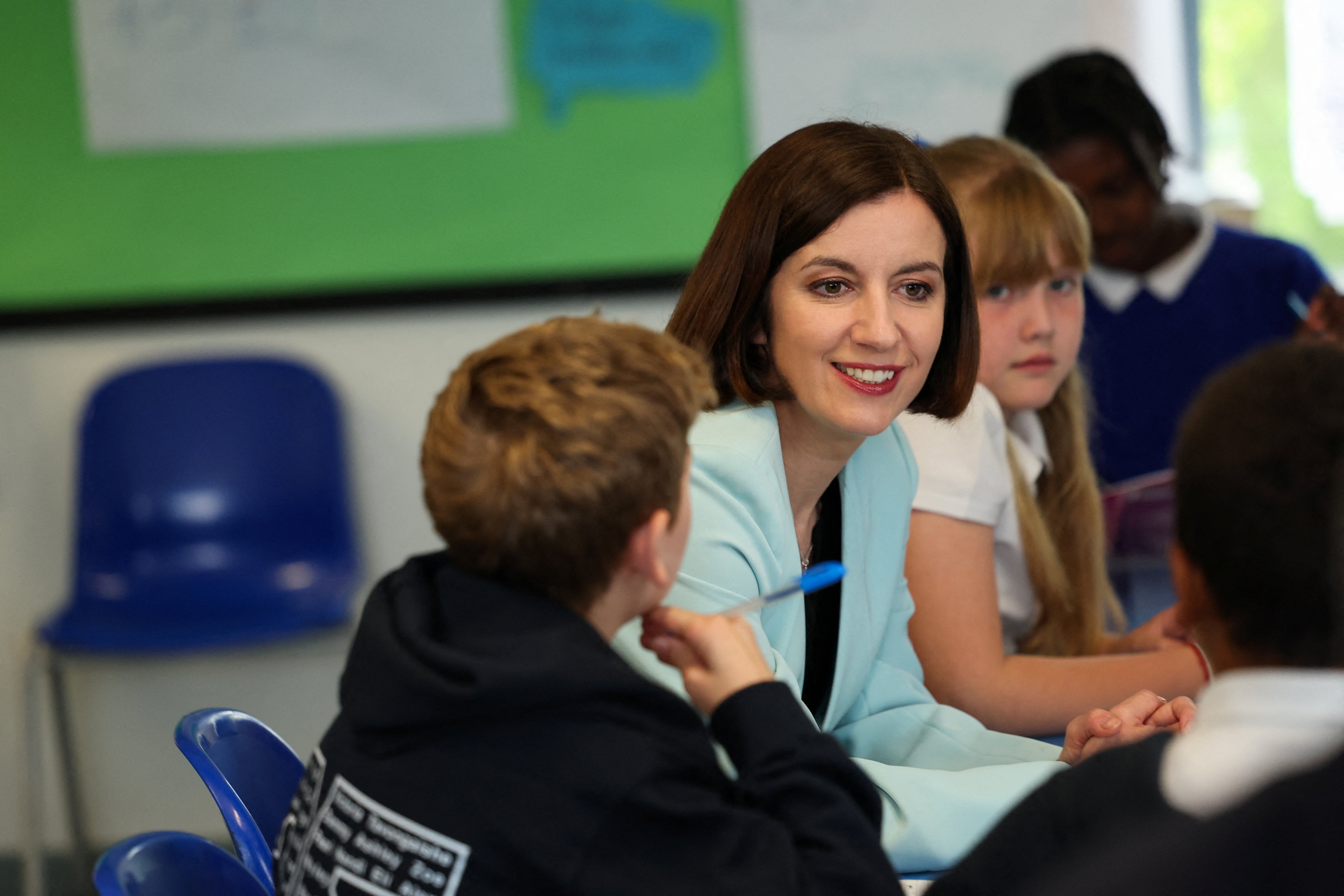A group of private schools, pupils and their parents have lost a High Court challenge over Labour’s imposition of VAT on fees.
It comes after six families last year launched a legal challenge against the government’s controversial tax raid, claiming the tax raid is discriminatory against certain pupils.
But Dame Victoria Sharp, Lord Justice Newey and Mr Justice Chamberlain said in a 94-page decision that while the legislation does interfere with some of the group’s human rights, there is a “broad margin of discretion in deciding how to balance the interests of those adversely affected by the policy against the interests of others who may gain from public provision funded by the money it will raise”.

The legal challenge had claimed the policy – which imposes 20 per cent VAT on private schools – causes unnecessary harm to certain categories of children, such as those with special education needs (SEN).
The families, supported by the Independent Schools Council (ISC), were therefore seeking a declaration of incompatibility under section 4 of the Human Rights Act, saying the new tax is incompatible with ECHR rights.
The ISC is a UK-based organisation representing over 1,400 independent schools.
During a hearing in April, Lord David Pannick KC, representing one group of children and their parents, said that for some children currently in private schools their needs are not met by state schools, but the new law applies “irrespective” of a family’s need.
The High Court was told that as well as religious beliefs and SEN, some children are privately educated because of a need for a single-sex environment because of previous abuse, or because they are only temporarily in the UK and need to be educated in line with their home national curriculum.
But Sir James Eadie KC, representing the Treasury, HMRC and the DfE, said abolishing the VAT exemption for private school fees was a prominent feature of Labour’s manifesto at the last general election and is expected to yield between £1.5 and £1.7 billion per year.
While the legal challenge would not have been able to halt the VAT policy in its tracks or reverse it even if successful, it would have been a major blow to ministers and piled pressure on them to consider further exemptions.
The government has estimated the tax raid will raise £1.7bn per year by 2029-30, money which ministers said would be used to fund 6,500 new teachers for state schools.
So far, private school pupil numbers have fallen by more than 11,000 in England following the tax hike, Department for Education data showed.
In January 2025, there were around 582,500 pupils at English private schools, down from 593,500 at the same point last year.
When the policy was introduced, Treasury impact assessments estimated that private school fees would increase by around 10 per cent as a result of the introduction of VAT,
But in May, ISC figures showed that fees have increased by 22.6 per cent in the last year, with parents now paying out more than £22,000 a year on average.
On average, the Treasury predicts that 35,000 pupils would move into UK state schools “in the long-term steady state”.
A further 2,000 children would leave private schools, the department estimated, consisting of international pupils who do not move into the UK state system or domestic pupils who move into homeschooling.




